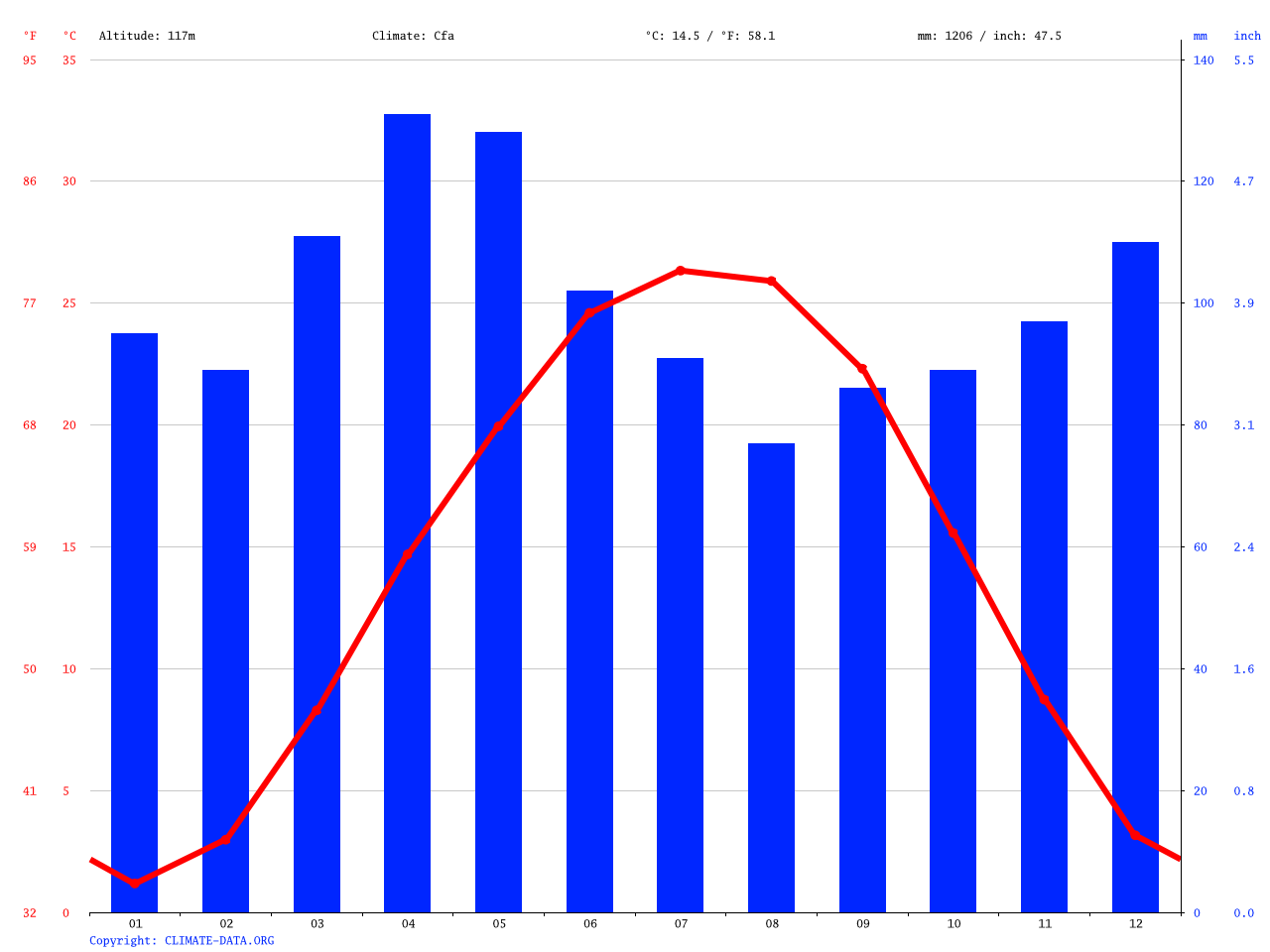Current Weather Conditions

Evansville weather – The current weather conditions in Evansville are as follows:
The temperature is 72 degrees Fahrenheit, with a humidity of 65%. The wind is blowing from the southwest at 10 miles per hour. There is no precipitation at this time.
Weather Alerts
There are no weather alerts or advisories currently in effect for Evansville.
Hourly Forecast
The following table shows the hourly forecast for the next 24 hours:
| Hour | Temperature | Precipitation |
|---|---|---|
| 1 PM | 72°F | 0% |
| 2 PM | 73°F | 0% |
| 3 PM | 74°F | 0% |
| 4 PM | 75°F | 0% |
| 5 PM | 76°F | 0% |
| 6 PM | 75°F | 0% |
| 7 PM | 74°F | 0% |
| 8 PM | 73°F | 0% |
| 9 PM | 72°F | 0% |
| 10 PM | 71°F | 0% |
| 11 PM | 70°F | 0% |
| 12 AM | 69°F | 0% |
| 1 AM | 68°F | 0% |
| 2 AM | 67°F | 0% |
| 3 AM | 66°F | 0% |
| 4 AM | 65°F | 0% |
| 5 AM | 64°F | 0% |
| 6 AM | 63°F | 0% |
| 7 AM | 64°F | 0% |
| 8 AM | 65°F | 0% |
| 9 AM | 66°F | 0% |
| 10 AM | 67°F | 0% |
| 11 AM | 68°F | 0% |
| 12 PM | 69°F | 0% |
Historical Weather Data: Evansville Weather

Evansville, Indiana has a humid subtropical climate, with hot, humid summers and cold, snowy winters. The average temperature throughout the year is 54.7°F (12.6°C). The warmest month is July, with an average temperature of 77.8°F (25.4°C), and the coldest month is January, with an average temperature of 31.8°F (-0.1°C).
Evansville receives an average of 44.3 inches (112.5 cm) of precipitation per year, which is fairly evenly distributed throughout the year. The wettest month is May, with an average of 4.7 inches (11.9 cm) of precipitation, and the driest month is February, with an average of 2.5 inches (6.4 cm) of precipitation.
Snowfall is also fairly common in Evansville, with an average of 18.2 inches (46.2 cm) per year. The snowiest month is January, with an average of 6.1 inches (15.5 cm) of snowfall, and the least snowy month is July, with an average of 0.0 inches (0.0 cm) of snowfall.
Notable Weather Events, Evansville weather
- The Great Flood of 1937: This flood was caused by heavy rains that fell over a period of several days in January and February 1937. The floodwaters reached a height of 54.7 feet (16.7 m) in Evansville, and caused widespread damage to the city.
- The Evansville tornado of 2005: This tornado was an F3 tornado that struck Evansville on November 6, 2005. The tornado caused extensive damage to the city, and killed 25 people.
- The Evansville heat wave of 2012: This heat wave occurred in July 2012, and saw temperatures reach as high as 106°F (41°C) in Evansville. The heat wave caused several deaths, and led to the closure of schools and businesses.
In the heartland of the Midwest, Evansville’s weather is a symphony of seasons. As summer’s heat intensifies, a watchful eye is cast towards the Atlantic, where tropical storms gather strength. To stay abreast of potential threats, residents rely on the beryl path tracker , a beacon of information guiding them through the capricious dance of nature.
Yet, even as storms pass, Evansville’s resilience shines through, as its spirit remains unyielding, ever ready to embrace the changing tapestry of the seasons.
In the heartland of Indiana, Evansville’s unpredictable weather patterns often dance with the fury of nature. When the sky turns ominous, residents rely on the watchful eye of tornado trackers to navigate the swirling vortex of storms. As the wind howls and lightning crackles, these guardians monitor the skies, providing timely warnings and updates that guide the city through the tempestuous embrace of Mother Nature.